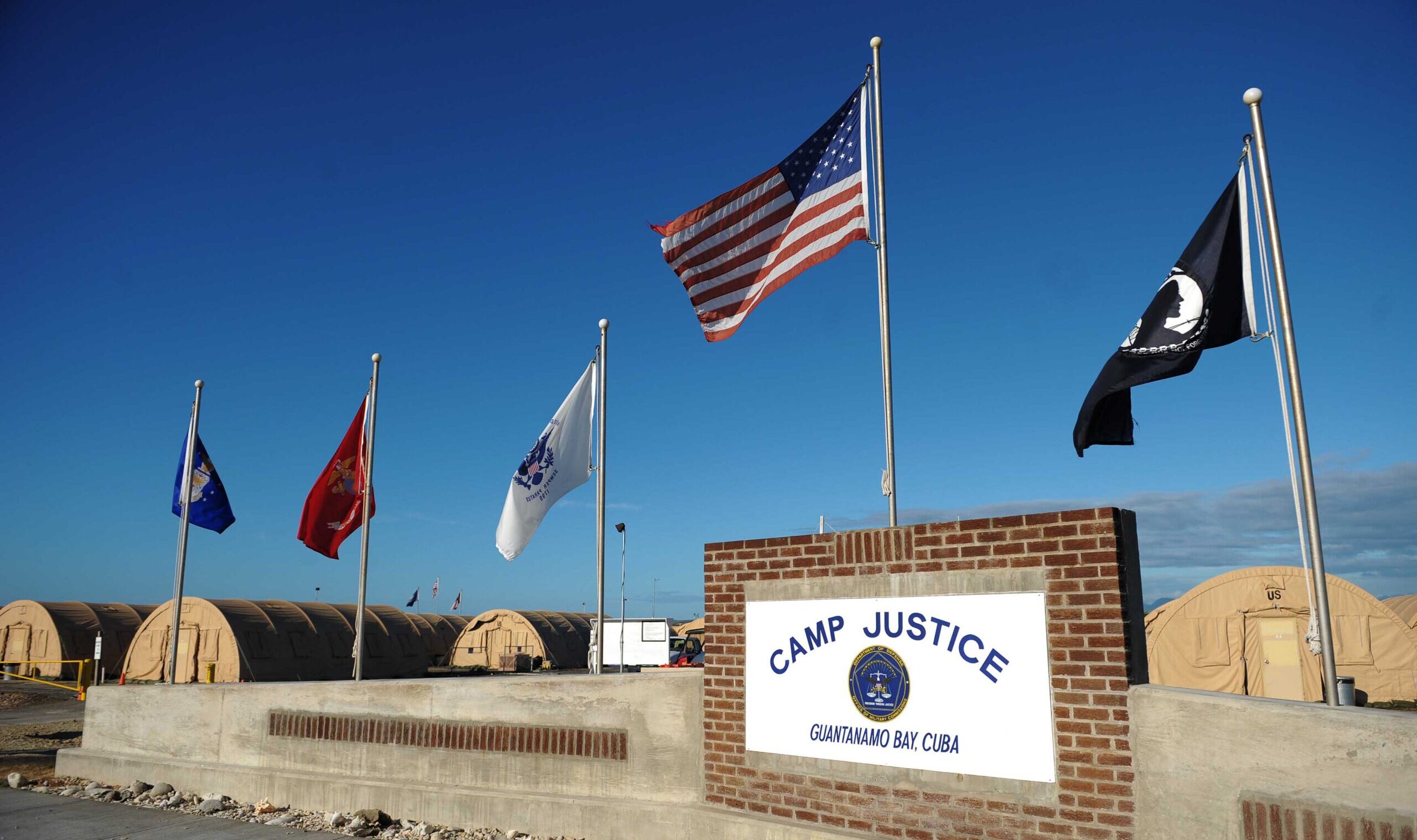A Hamas hostage video of Liri Albag has deepened calls for swift action, as her family’s plea underscores the emotional toll and fears of a fractured Israeli society amid prolonged negotiations.
By JPOST EDITORIAL JANUARY 6, 2025 06:01 Updated: JANUARY 6, 2025 06:03 Liri Albag.
(photo credit: Hostages Families Forum)
Liri Albag.
(photo credit: Hostages Families Forum)
The video of hostage Liri Albag, which Hamas publicized on her 456th day of captivity, provided glimpses into a reality that remains incomprehensible and nightmarish. It highlighted the otherworldly nature of captivity and sharpened the need to secure a deal and the risk of not doing it – severing the delicate bond in the social contract between government and citizens.
The Albag family did not permit the contents of the video to be publicized but did allow for two photos; Liri’s exasperation, exhaustion, trauma, and fear are palpable. Her parents put out a video message later, one full of desperation and love for their daughter.
“The video tore our hearts apart. This is not the daughter and sister that we know. She is not in a good place; her deteriorated psychological state is palpable,” Eli and Shira Albag said. “We saw our brave Liri fighting for her life. She is only a few kilometers away from us, and for 456 days, we have failed to bring her home,” they added.
They turned to Prime Minister Benjamin Netanyahu and the other decision-makers: “The time has come for you to treat these decisions as though it’s your children that are held there! Liri is alive, and she must return alive! This is up to you! You cannot miss this opportunity to bring everyone back.”
The Prime Minister’s Office said Netanyahu spoke with the Albags and that he promised to “work relentlessly to bring all the hostages home, all while fighting on all the fronts.” President Isaac Herzog and Defense Minister Israel Katz spoke with them as well.
A working delegation flew to Qatar on Friday, and the White House said a deal is imminent and possible.
Keren Neubach, a radio show host at KAN, said in an interview with the broadcast network on Saturday that the one thing she can’t let go of is that the seven observer soldiers who Hamas terrorists cuffed that morning were held hostage at the base at around 8 a.m. “They were there until around 10, [after which they were taken captive to the Gaza Strip]. What went through their minds? That someone would come to save them. Any minute now. And no one came.”
It may sound repetitive and has sadly become politicized in a dialogue of “price” – that some prices are too high for the hostages.
While the security concern is valid, what those who take this stance fail to understand is that the social price for waiting longer, perhaps signing the death sentences of some of the hostages should the deal be partial, is that the social fabric that makes Israeli society strong will be severed.
“This is such a betrayal of who we are, of the state that we should strive to be. It is such a massive chasm, such a betrayal of trust,” Neubach added.
Stay updated with the latest news!
Subscribe to The Jerusalem Post Newsletter
Trauma still felt
Over 50 soldiers were killed that day, 16 of them observers. Seven female observer soldiers were taken captive. The IDF rescued Ori Megidish in late October 2023, and Noa Marciano was killed in Shifa Hospital by Hamas terrorists. Albag, Naama Levy, Agam Berger, Karina Ariev, and Daniella Gilboa remain in Hamas captivity.
Former hostage Yagil Yaakov, who was returned in the November 2023 ceasefire deal and whose father, Yair, was killed on October 7 with his body being held in Gaza, said on Saturday that the video “gave me flashbacks of myself from over a year ago.”
He said he stood in front of a gun pointed at his face, “terrified and begging to go home. A [Hamas] terrorist stood over me and told me what to say. I was alone and only hoped that my mother would see it and know that all I wanted was to come home.”
Framing the hostage negotiations as a matter of “price” has not only politicized the issue but also neglected the devastating societal toll of inaction, which could irreparably weaken Israel’s social unity if hostages are left behind or deals are delayed.
The focus on the “cost” of rescuing hostages often overshadows the actual risk: prolonging their captivity or losing some altogether, a delay that could fracture the social strength that defines Israeli society as we know it.

 By The Jerusalem Post (World News) | Created at 2025-01-06 04:05:06 | Updated at 2025-01-07 16:20:55
1 day ago
By The Jerusalem Post (World News) | Created at 2025-01-06 04:05:06 | Updated at 2025-01-07 16:20:55
1 day ago








